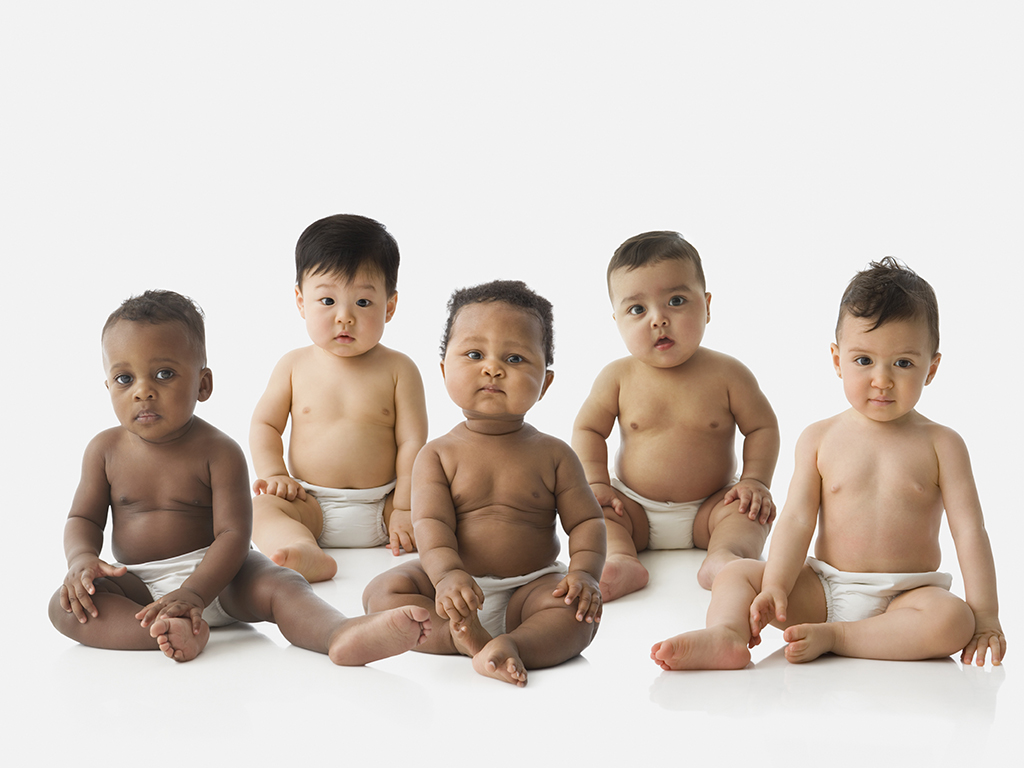There was a time when Dear Abby acted as a social barometer from which society got its cues to help sidestep improper behaviour. But now, it seems she’s stuck in a time warp.

A recent letter submitted by “Making Life Easy” presented a dilemma that Abby handled entirely wrong, according to many readers. The person said that they and their wife, a woman “who was born and raised in India,” had decided to start a family and the wife was “insisting” that they give their future children Indian names.
WATCH BELOW: The most popular baby names by decade

“Making Life Easy” was concerned that this would cause problems for their children and wanted to give them traditional Western names.
“Abby,” who is, in fact, Jeanne Phillips (daughter of Pauline Phillips, the original auteur of the column) advised the couple to stay away from “foreign names,” which she said were “difficult to pronounce and spell” and would cause the child to be “teased unmercifully.”
She also said sometimes a name could sound beautiful in a foreign language, but “grating” in English.
“Why saddle a kid with a name he or she will have to explain or correct with friends, teachers and fellow employees from childhood into adulthood?”
READ MORE: French court bans parents from naming their daughter Liam; cites ‘gender confusion’
Not surprisingly, criticism from social media users, especially those of Indian descent, was swift and — to borrow a word from Phillips — unmerciful.
Others have also aptly pointed out that the United States recently had a president named Barack Hussein Obama — hardly what one would deem a traditional “Western” name, yet it certainly didn’t prevent him from achieving the highest office in the country.
“In my opinion, we should always celebrate a child’s cultural identity,” says Dr. Jillian Roberts, founder of Family Sparks and an associate professor at the University of Victoria. “Choosing an English-sounding name sends the message that an English name is somehow better.”
READ MORE: The cost of raising a child? Now there’s a calculator for that
- Invasive strep: ‘Don’t wait’ to seek care, N.S. woman warns on long road to recovery
- Canadian food banks are on the brink: ‘This is not a sustainable situation’
- Is home ownership only for the rich now? 80% say yes in new poll
- ‘Super lice’ are becoming more resistant to chemical shampoos. What to use instead
Phillips’ response is also seemingly indicative of an ignorance of America’s diversity. Approximately 14 per cent of the U.S.’s population is foreign-born, and one-fifth of Americans speak a language aside from English at home. In fact, by 2055, it is estimated that there will not be a single racial or ethnic majority in the U.S.
Looking at those numbers, it would seem that any children born in the next year or so and given an Indian name would fit right in to the American cultural melting pot.
And even if they don’t fit in, that same element that makes them so different could act as a leg up in life.
“A child should always be taught that their cultural roots are important and connections to this culture should be nurtured in every way possible,” Roberts says. “The cultural connection is more important than having an easier life, and is more central to the self-concept of the child.”




Comments